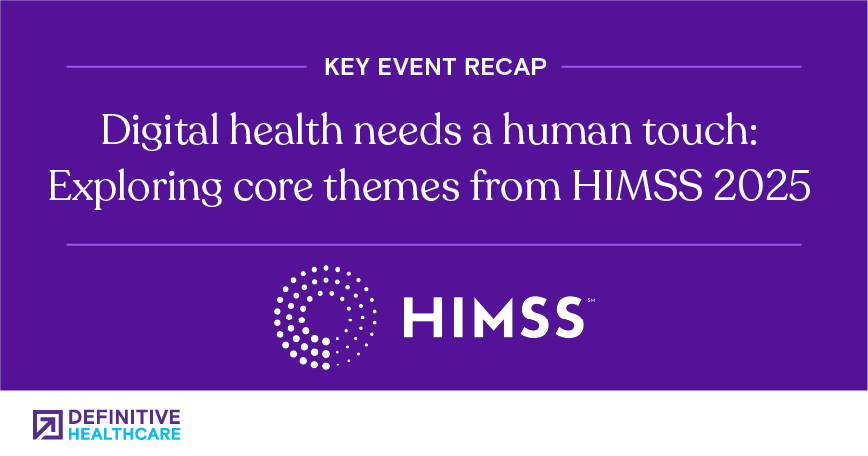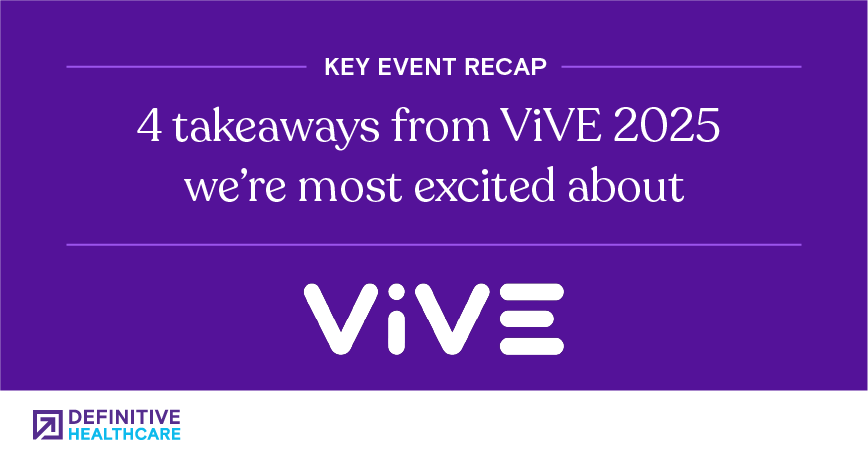Filter by Industry
Filter by Topic

The 6 most common data searches by payors, underwriters, and actuaries
Discover the most common data searches utilized by payors, underwriters, and actuaries. Enhance your understanding of industry trends and data needs.

Roundtable recap: From insights to impact—The evolving rare disease landscape in 2025 and beyond
Discover key insights from the live Sanofi roundtable session on rare diseases. See what experts say about the importance of AI, data, and cross…

Digital health needs a human touch: Exploring core themes from HIMSS 2025
Uncover the most important insights from the 2025 HIMSS Global Health Conference & Exhibition. Learn about emerging trends and innovations in…

How many orthopedic surgeons are in the U.S.?
Looking for more information on orthopedic surgeons or other healthcare workers? Start a free trial now and get access to the latest healthcare…

Webinar recap: The personalized patient journey—From acquisition to retention
Explore effective strategies for personalizing the patient journey, from acquisition to retention, ensuring a seamless and satisfying healthcare…

Rare Disease Day 2025: Rounding up the latest advancements in research and treatment
Keep up with the latest in rare disease news. Our roundup highlights important research and technological advancements that impact rare disease…

4 takeaways from ViVE 2025 we’re most excited about
Discover the highlights from ViVE 2025, featuring key insights, innovative technologies, and expert discussions shaping the future of healthcare.

How design in clinical spaces may influence health outcomes
Discover key design principles for patient and clinical spaces, focusing on improving patient experience and optimizing healthcare delivery.

Adapting your medtech sales playbook for a value-driven market
Explore how Medtech is targeting hospitals based on clinical quality metrics. Discover strategies that aim to enhance healthcare outcomes and patient…

As Rx goes the way of retail, same-day prescription delivery sets a new bar for pharmacy access
Discover the latest trends in prescription delivery services. Explore how the rise of Rx delivery options is transforming healthcare accessibility.
